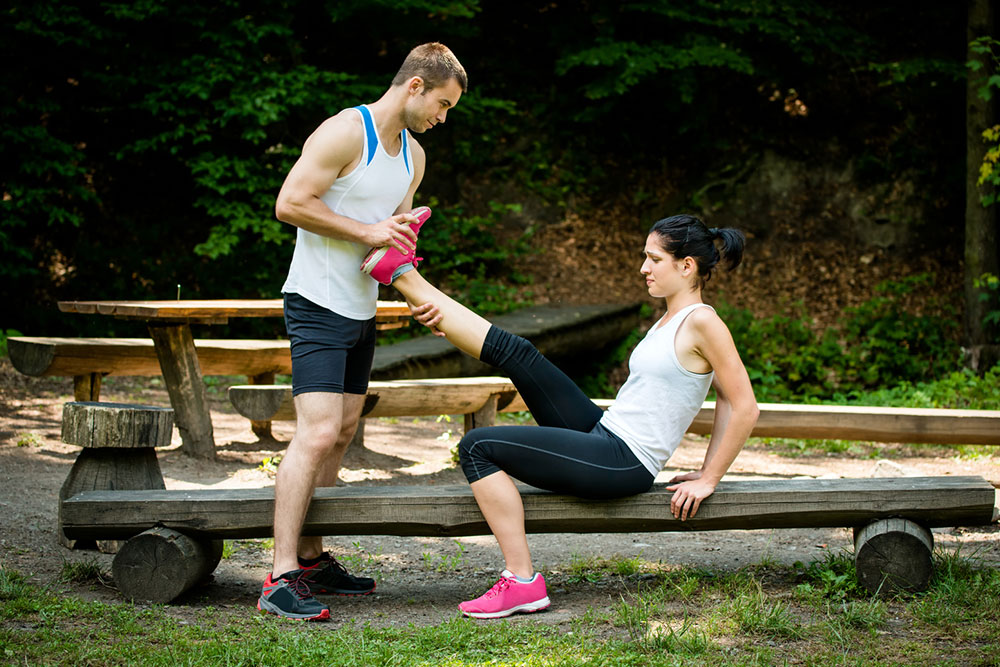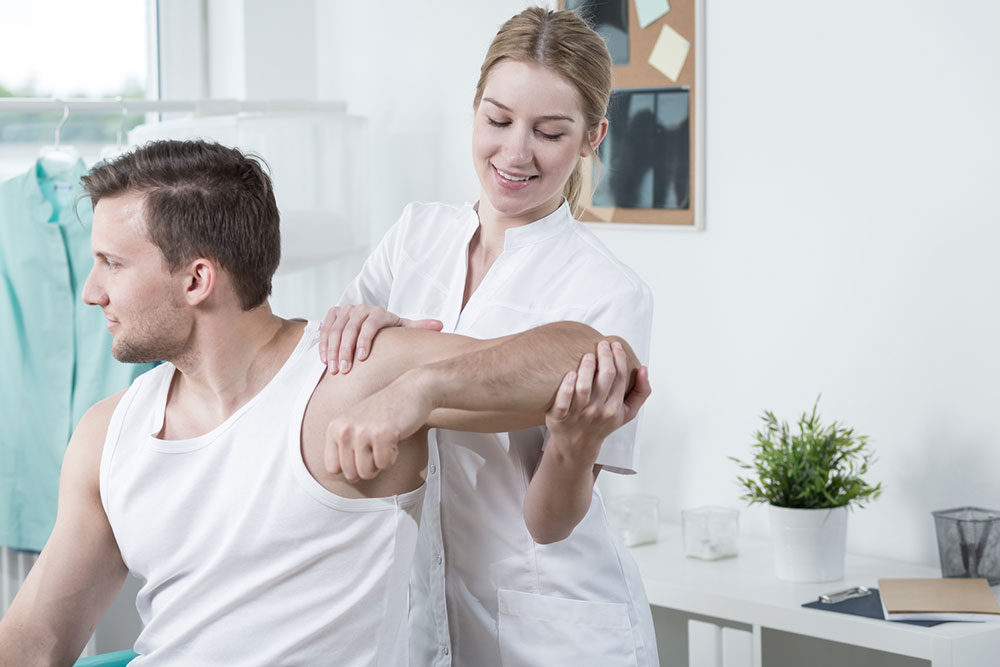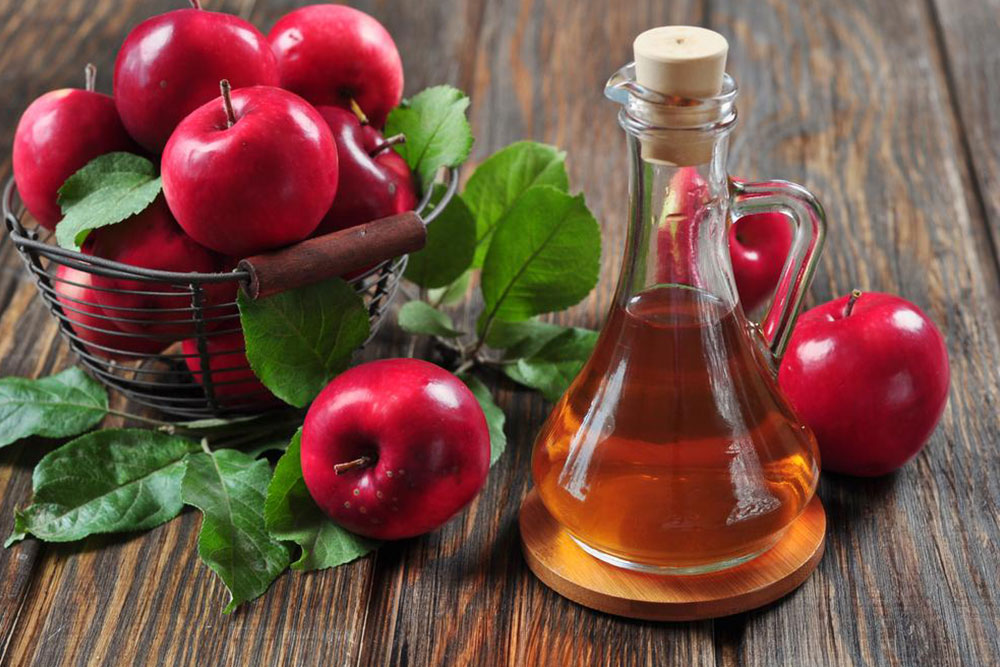Causes and Home Solutions for Muscle Spasms
This article explores common causes of muscle cramps, including dehydration and fatigue, and provides practical home remedies like stretching, massage, cold and heat therapy, and hydration tips. It emphasizes the importance of understanding triggers for effective prevention and when to seek medical help for persistent or severe spasms.

Causes and Home Solutions for Muscle Spasms
Muscle spasms tend to occur more frequently during colder seasons and often strike at night, causing abrupt, short-lived pain. Fortunately, simple home remedies can offer quick relief. Identifying the root causes is essential; common factors include muscle fatigue, dehydration, stress, electrolyte imbalance, and heat overexertion. Night cramps may also stem from poor posture, extended sitting, or standing on hard surfaces. Recognizing these triggers helps in managing and preventing future spasms effectively.
Typical reasons for muscle cramps:
Muscle overexertion
Insufficient stretching before activity
Physical or emotional stress
Dehydration
High-temperature exercise
Electrolyte imbalance
For nighttime cramps, improper alignment, prolonged sitting, or repetitive movement may also contribute.
Effective home treatments for spasms:
1. Gentle stretching
Early stretching can ease spasms. For calves, lie down and gently pull your toes toward your head. For neck pain, rotate shoulders and stretch gently. For thigh cramps, support yourself and carefully bend or grip your ankle to stretch the quadriceps.
Massage the affected muscles
Light massage can relax tight muscles. Use firm pressure or ask someone to assist, and massage for several minutes to reduce spasms.
Applying cold packs
Cold therapy diminishes inflammation and pain. Wrap an ice pack around the muscle for up to 10 minutes, massaging gently to loosen tension.
Warm compress or heating pad
Heat improves circulation and flexibility. Apply heat or soak in warm water for about ten minutes for relief.
Epsom salt baths
Magnesium deficiency can cause cramps. An Epsom salt soak supplies magnesium, supporting muscle health and decreasing inflammation.
Proper rest and hydration
Rest and drinking plenty of fluids aid muscle recovery. Staying hydrated and giving muscles time to relax helps prevent future cramps.
Light physical activity
While rest is important, avoiding complete inactivity is ideal. Gentle movement promotes circulation unless pain or other symptoms necessitate rest.
When to seek medical attention:
If cramps last longer than several days, disrupt daily activities, or worsen, consult a healthcare professional. Persistent spasms may signal underlying health issues requiring evaluation. Conservative management is recommended during the first 72 hours; worsening symptoms should prompt professional assessment.


